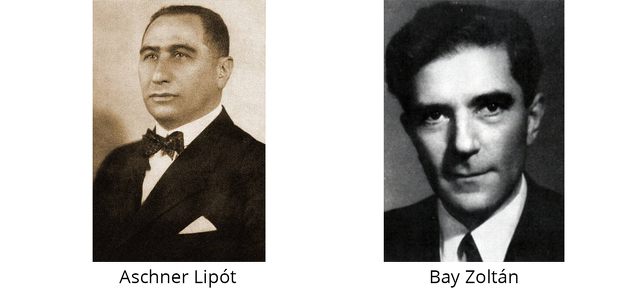Disruptive technologies are transforming our life profoundly at an accelerated pace. They have changed the competitive position of enterprises, too.
Disruptive technologies are transforming our life profoundly at an accelerated pace. They have changed the competitive position of enterprises, too. A 82-years-old document proves that such exceptional business leaders as Lipót Aschner had recognized this phenomenon and acted accordingly: 82 years ago, this very week, on 23 April, 1937 the United Incandescent Lamp and Electrical Ltd. (Tungsram) donated 30.000 pengő to the Royal Joseph University of Technology and Economics, Budapest, to finance the foundation of the first chair for nuclear physics at a Hungarian institute of higher education. Additional amounts were paid to set up a research laboratory and to create two posts of assistant professors.

The explanation for the generous support was quite straightforward. The development of the lighting and electrical industry could not do without the latest achievements of natural sciences and of nuclear physics. Especially nuclear physics were opening exceptional perspectives of development. Aschner was aware of the strategic importance of innovation for Tungsram’s competitiveness. In the late 1930s, the telecommunication industry’s rapid development (i.e. television) made it imperative that Tungsram be part of the small group of companies that had set the course of technological development. The University elected the leader of Tungsram Research Laboratory, Zoltán Bay, as Professor for nuclear physics. A fruitful co-operation between the chair and the Tungsram Research Laboratory enfolded.
With the donation, Tungsram aimed to serve Hungary while pursuing its own strategic interests – and took a firm stand in the evergreen debate about the relative importance of basic and applied research.
Link to the document: https://dokutar.omikk.bme.hu/archivum/bay/dokumentumok/bayb0080-01.htm


